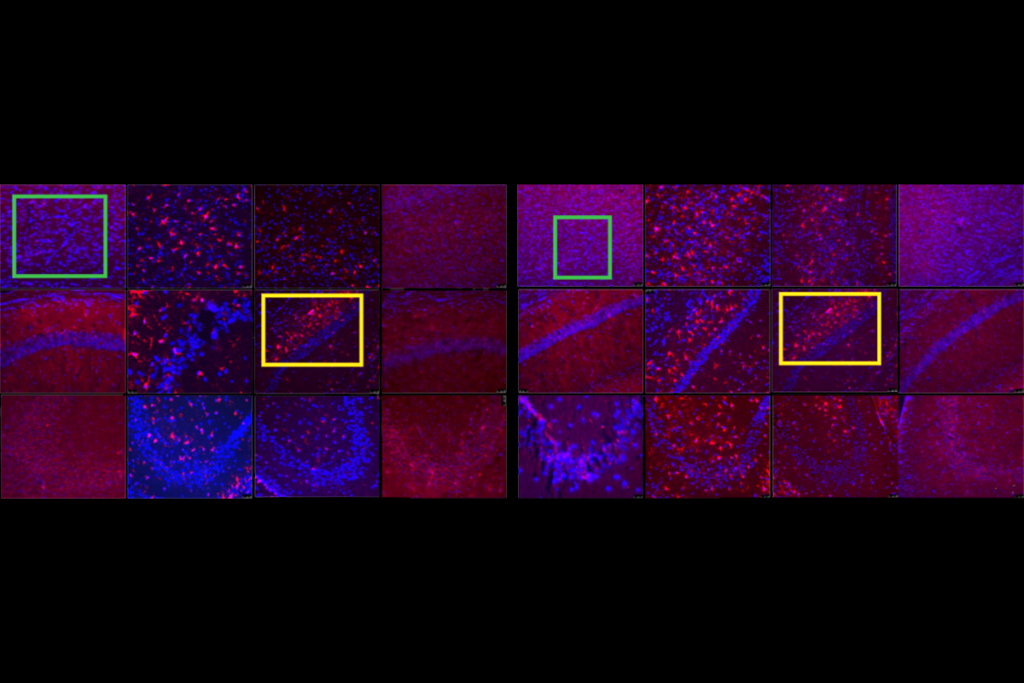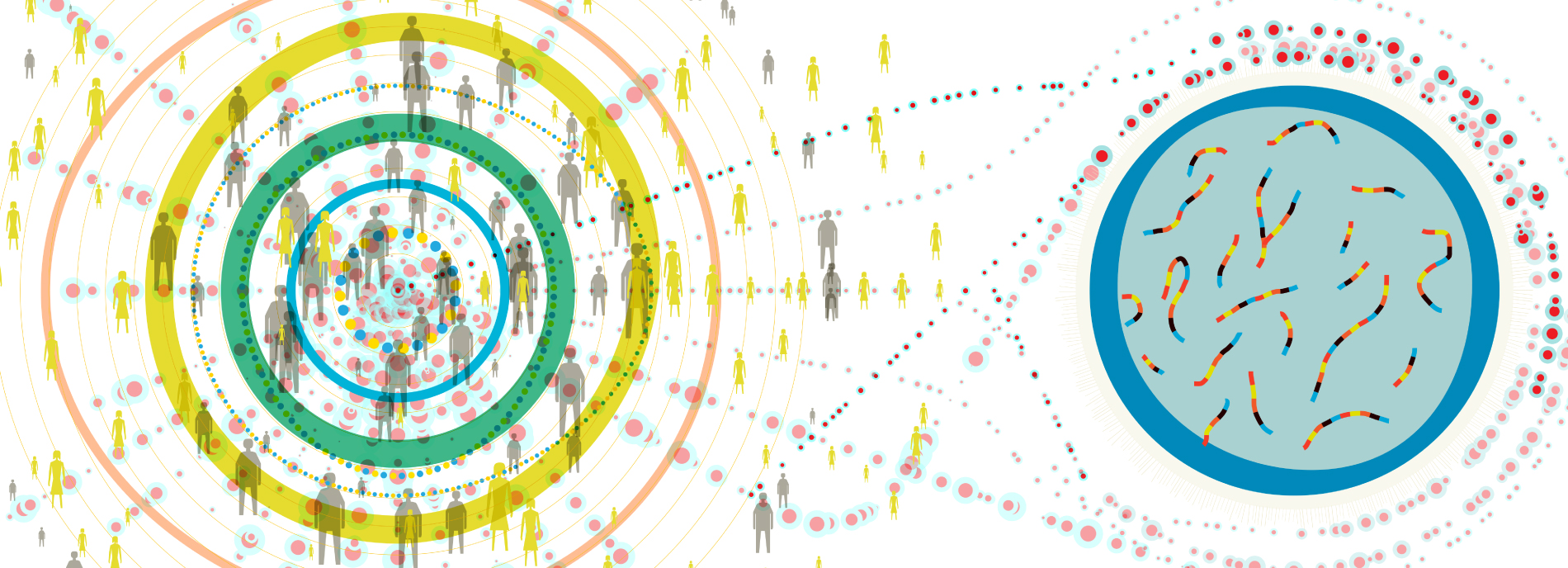Simon J. Makin is an auditory perception researcher turned science journalist. Originally from Liverpool, he has a Ph.D in computational auditory modeling from the University of Sheffield. His writing has appeared in Nature, Scientific American and New Scientist, among other places.

Simon Makin
From this contributor
From 0 to 60 in 10 years
After a decade of fast-paced discovery, researchers are racing toward bigger datasets, more genes and a deeper understanding of the biology of autism.
Explore more from The Transmitter
Quantifying funding sources across neuroscience labs
We want to hear from you about the sources of funding for your research.

Quantifying funding sources across neuroscience labs
We want to hear from you about the sources of funding for your research.
What kinds of support do early-career researchers need?
Help The Transmitter and Neuromatch bolster the next generation of neuroscientists.

What kinds of support do early-career researchers need?
Help The Transmitter and Neuromatch bolster the next generation of neuroscientists.
Alzheimer’s scientist forced to retract paper during his own replication effort
Gary Dunbar, a neuroscientist at Central Michigan University, was attempting to redo the 2020 paper after a collaborator admitted to using flawed data in the original work.

Alzheimer’s scientist forced to retract paper during his own replication effort
Gary Dunbar, a neuroscientist at Central Michigan University, was attempting to redo the 2020 paper after a collaborator admitted to using flawed data in the original work.
